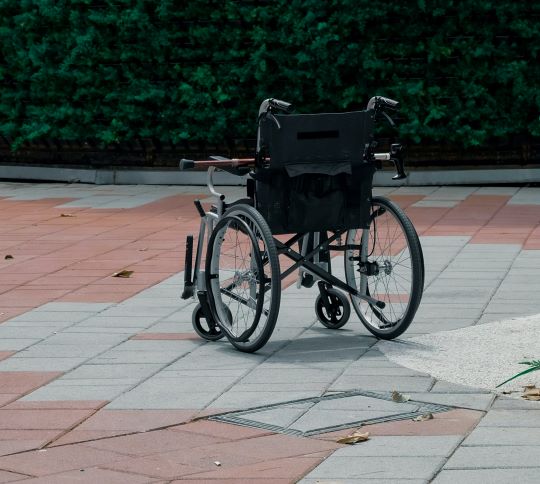An estimated 2.2% of Kenyans, which translates to 0.9 million people, live with some form of disability. Article 54 of the Constitution of Kenya, 2010 guarantees all persons with disabilities (PwDs) the right to reasonable access to information. Kenya has also signed international and regional human rights instruments that guarantee the rights of PwDs to access ICTs such as the UN Convention on Rights of Persons with Disabilities and Protocol to the African Charter on Human and Peoples’ Rights on the Rights of Persons with Disabilities in Africa. Additionally, Kenya’s National ICT Policy 2019 obligates the government to provide an ICT environment that is fully accessible to PwDs.
Needless to say, ICTs provide tools and platforms that leverage people with disabilities to interact with communities just like the rest of the population. However, persons with disabilities in Kenya still face technical and digital literacy challenges when accessing the internet. There’s a high risk that unless this gap is narrowed, PwDs in Kenya risk being further alienated from meaningful access to ICTs.
The challenges PwDs face in accessing the internet became glaring during the COVID-19 Pandemic when multiple essential public services from the government and the private sector were moved online for business continuity. These services remained inaccessible to persons with visual, hearing and physical disabilities. What seemed to be an effective response to the COVID-19 Pandemic had a completely opposite impact on Persons with disabilities.
KICTANet is a multi-stakeholder ICT Policy think tank seeking to catalyse ICT reforms and policy in Kenya. Under the ICT Access and Equality for PwDs Project, KICTANet will offer two Persons with Disabilities a chance to advocate for the accessibility of the internet for PwDs. It is hoped that the fellows will go on to become champions of PwDs ICTs accessibility in both national and regional internet governance forums. You can make your application here.
About the Author: Angela Minayo is KICTANet’s Women’s Digital Rights Programs Officer. She is passionate about gender and inclusion in internet governance processes. Find her on twitter
![]()





This is very important agenda. All
Pwd’s should be conversant to ICT to help them in all their daily living.
It’s a big challenge and important to be given priority. I fully support
I will would like to ICT training with disability